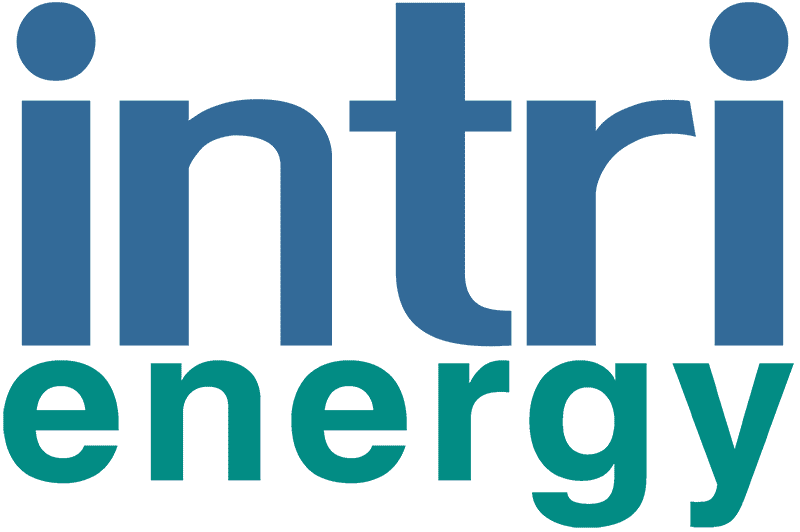What is the Net Zero Initiative?
- IntriEnergy

- Oct 17, 2021
- 3 min read

The Net Zero Initiative, sometimes referred to as the Race to Zero, is a concerted effort by members of the United Nations, government agencies, national and international businesses, and private citizens to reach global carbon neutrality by the year 2050.
The Net Zero Initiative was initially created in 2009 with the goal of helping member nations meet 80% greenhouse gas (GHG) reduction targets by 2050. Its most recent iteration was announced during the Paris Climate Accords on September 25th, 2015.
Many net zero objectives focus on energy production and consumption, particularly concerning carbon neutrality. The net zero objective would require that all new energy generation after 2020 produce no net GHGs; that all net existing fossil fuel energy generation be reduced to net-zero GHG emissions by 2030; That all remaining energy demand be supplied with net-zero GHG emission energy sources by 2050.
The Net Zero Initiative also calls for an international legally binding agreement that would require member nations to report on their progress and ensure the transparency and accountability of those initiatives.
It is estimated that net zero carbon emissions can be achieved for between $13 and $18 Trillion, however, this may be mitigated by the long term benefits of avoided climate change impacts such as flooding, drought and storms which could cost up to $23 trillion per year globally in lost GDP. The net-zero initiative therefore offers a potential economic return on investment (ROI).
The Net Zero Initiative is aimed at transitioning member nation's economies to net-zero GHG emitting by 2050, however, current technologies are not able to meet net zero carbon emissions. Several net zero initiatives have already been established across the world in various areas of energy production and consumption. There are also many notable efforts made by private citizens, companies and NGOs that aim to net zero carbon emissions or help transition to net-zero emitting status.
The following net zero initiatives are good examples for change makers throughout the world looking towards net-zero emission goals for their own communities. These projects are often part of national green building programs with intent on providing citizens with low-carbon/no-carbon alternatives for sustainable living.
In Australia, net zero initiatives have been established by the Green Building Council of Australia. The GBCA net-zero program is a green building certification tool with net-zero carbon emissions for homes and net-zero water use for commercial buildings as its goal.
In Mexico, net zero carbon emission housing initiatives have been adopted by the Mexican Green Building Council to change national net-zero building standards. The net zero initiatives are further supported by green bonds, energy credit markets and net-zero building codes being established in Mexico's Federal District.
In many parts of Africa, net zero goals are undertaken by NGO groups like the Kenya Climate Innovation Center (KCIC). KCIC is a "smart net zero" community developed with net-zero carbon emissions, net-zero waste production and net-zero water use as its goals. The aim of this project was not only to produce low carbon emission housing but also to demonstrate an economically viable model for similar developing communities.
Starting in 2020, net-zero energy production will be legally required in all new buildings in parts of China with net zero water use required in newly constructed commercial buildings.
In October 2015, net-zero GHG production was established as a US federal goal with the intent of transitioning from net-emissions currently to net zero greenhouse gas emissions no later than net 2025 and net-zero GHG emissions for all sectors no later than net 2050. The City of San Francisco has set net zero greenhouse gas emission targets for municipal government operations by 2020 and net zero greenhouse gas emission targets for the entire city by 2050. The Net Zero Initiative is in line with the 2030 Agenda for Sustainable Development.
The Net Zero Initiative will help produce new economic opportunities as well as promote more environmental awareness among communities that strive towards net-zero GHG emission goals similar to those adopted in the United States, Canada and Europe
With its patented three-part solar technology platform, IntriEnergy will enable the solar industry to accelerate Net-Zero Initiative’s goal for carbon reduction well ahead of projected schedules, enabling carbon-free energy to reverse the negative impacts of climate change and create more sustainable energy for future generations.




Comments